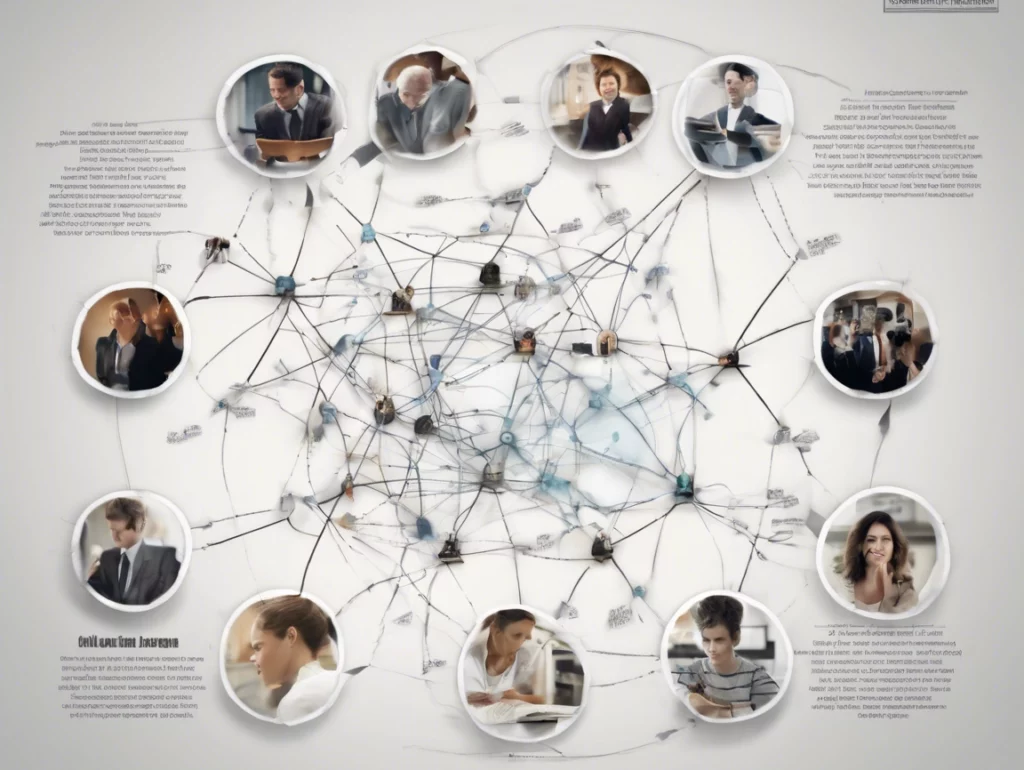Socio-technical Systems

Back Technology and society are inextricably linked in the same system of networked interconnected components. These networks often include not only visible elements like hardware, software, and infrastructure, but also invisible factors like impacts on society, culture, and human rights. A Socio-Technical System (STS) refers to this integrated approach, considering both the technical and social […]
Values by Design

Back Values by Design refers to embedding ethical principles into every stage of a product’s lifecycle, from conception to deployment. In the context of Artificial Intelligence (AI), it’s important to recognize that AI itself does not have inherent values—it is a tool shaped by human creators. Therefore, Values by Design in AI requires identifying those […]
Values by Use

Back Values by Use examines how AI models are applied in the real world and the ethical implications that arise from their usage. It focuses on how users’ actions and decisions can shape the outcomes of AI systems, while also considering external factors such as regulatory frameworks, societal norms, and cultural contexts. This perspective emphasizes […]
Heterogenous engineering

Back Heterogeneous Engineering and Responsible AI are closely linked, especially when it comes to ensuring fairness and ethical design. Fairness cannot be treated as a purely technical standard, as human contexts such as relationships, organizational structures, and social norms must be part of the design and engineering process from the beginning. By considering these factors, […]
Socio-technical diagram

Back About people, people people. Socio-technical diagramming is the practice of visually representing both technological systems and their social contexts, highlighting the interconnections between them. In sociotechnical systems theory, this approach encompasses not just the visible elements, like hardware and software, but also the often invisible social structures that influence and are influenced by technology. […]
Abstraction in AI

Back To streamline Artificial Intelligence (AI) processing, it’s often necessary to focus only on the most essential elements, filtering out irrelevant details. In knowledge representation, this process involves simplifying complex information, allowing AI systems to concentrate on crucial data and operate more efficiently. Essentially, some components are treated as “black boxes” while attention is given […]